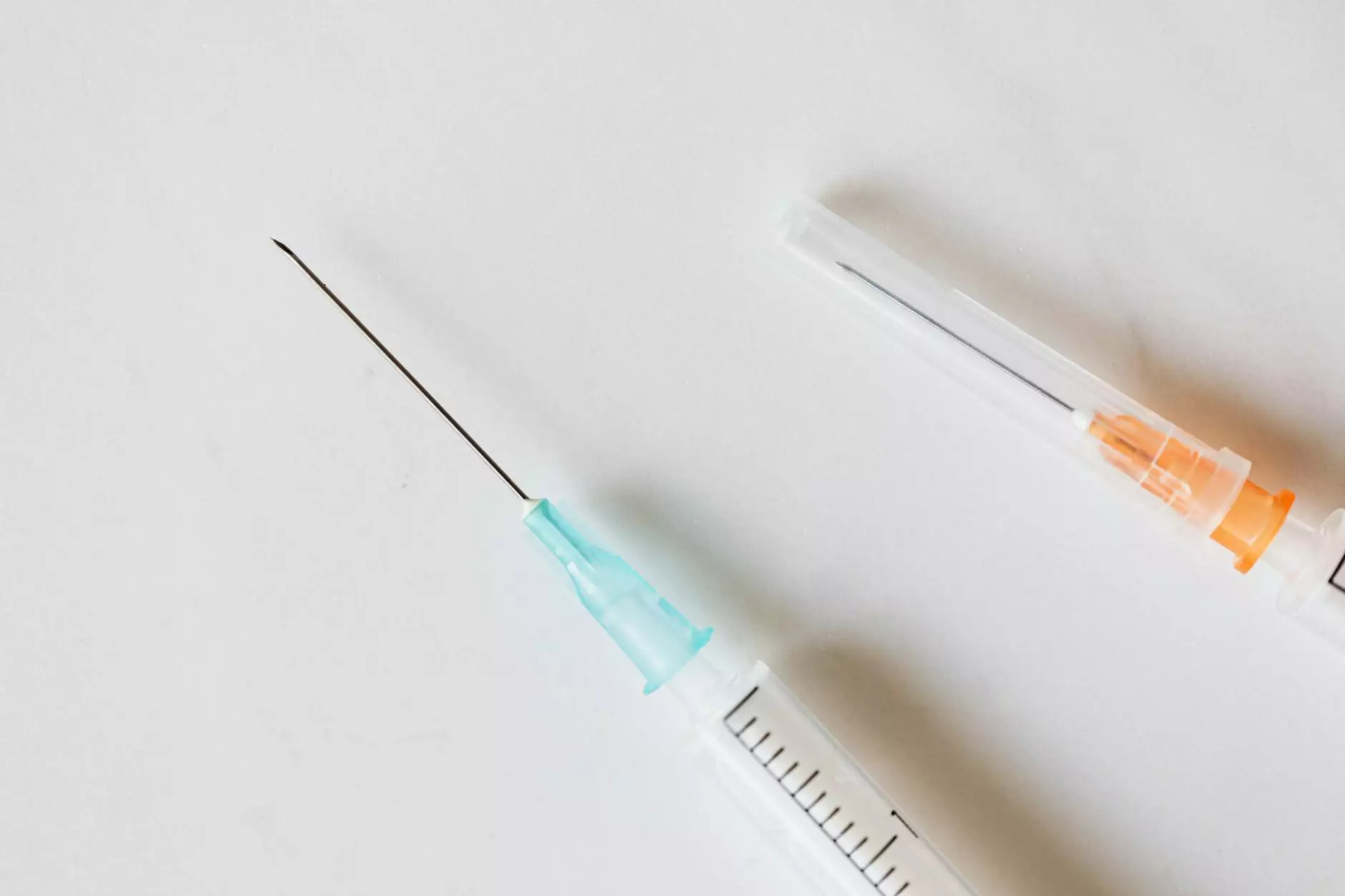The Importance of Heart Health: Understanding Bypass Surgery

Heart disease remains a leading cause of mortality worldwide, affecting millions of individuals each year. Among various treatments available, one that stands out is bypass surgery. This article provides an in-depth look into what bypass surgery entails, its benefits, and the recovery process, ultimately highlighting its significance in maintaining optimal heart health.
What is Bypass Surgery?
Bypass surgery, scientifically known as coronary artery bypass grafting (CABG), is a procedure that improves blood flow to the heart. It is generally recommended for patients suffering from severe coronary artery disease (CAD) where the coronary arteries are narrowed or blocked due to a buildup of fatty deposits, known as plaques.
The Procedure
During the bypass surgery, surgeons create a new route or "bypass" around the blocked artery using a healthy blood vessel taken from another part of the body. This can include veins from the legs or arteries from the chest or arm. The procedure is typically performed under general anesthesia and can take 3 to 6 hours, depending on the complexity of the case.
Why Consider Bypass Surgery?
Patients may be recommended to undergo bypass surgery for various reasons, including:
- Severe blockage: When the coronary arteries have significant blockages that cannot be managed with medication or less invasive procedures like angioplasty.
- Multiple blockages: In patients with multiple clogged arteries, bypass surgery may provide a comprehensive solution by addressing several issues concurrently.
- Unrelieved Angina: Patients experiencing persistent chest pain (angina) that affects daily activities may find relief through this surgery.
- Heart Attacks: Following a heart attack, bypass surgery may be necessary to restore adequate blood flow to the heart muscle.
Benefits of Bypass Surgery
Bypass surgery provides numerous advantages for patients with heart disease:
- Improved Heart Function: The primary goal of the surgery is to restore healthy blood flow, which leads to improved heart function.
- Reduction in Symptoms: Many patients report significant alleviation of symptoms such as chest pain and shortness of breath after the procedure.
- Enhanced Quality of Life: With improved heart health, individuals can often return to their regular activities and experience a better quality of life.
- Long-term Solution: Bypass surgery can provide a long-lasting solution to coronary artery disease and reduce the risk of future heart-related events.
Risks and Considerations
As with any major surgery, bypass surgery comes with its share of risks, including:
- Infection: There is a risk of infection at the site where the incision is made.
- Bleeding: Some patients may experience bleeding during or after the operation.
- Heart Rhythm Issues: Arrhythmias can occur post-surgery, although most resolve without treatment.
- Cognitive Changes: Some patients report memory problems or difficulty concentrating following surgery, known as postoperative cognitive dysfunction.
It is essential to discuss these risks in detail with your healthcare provider to ensure a comprehensive understanding before proceeding with surgery.
Preparation for Bypass Surgery
Proper preparation is crucial for successful outcomes. Patients are advised to:
- Undergo Comprehensive Testing: This may include blood tests, imaging studies, and other diagnostic assessments to evaluate heart function.
- Avoid Smoking: Quitting smoking can significantly improve surgical outcomes and overall heart health.
- Inform About Medications: Patients should inform their doctors about all medications and supplements they are taking.
- Follow Pre-operative Instructions: Patients should adhere to dietary restrictions and other guidelines provided by their healthcare team.
The Recovery Process
The recovery process post-bypass surgery typically involves:
- Hospital Stay: Patients usually spend 3 to 7 days in the hospital post-surgery, monitored for any complications.
- Physical Rehabilitation: Cardiac rehabilitation programs are often recommended to help patients gradually regain strength and endurance.
- Follow-Up Appointments: Regular check-ups are essential to monitor heart health and recovery progress.
- Lifestyle Changes: Adopting a heart-healthy diet, engaging in regular physical activity, and managing stress are crucial for long-term health.
Conclusion
In conclusion, bypass surgery represents a vital intervention for individuals grappling with severe coronary artery disease. By understanding the procedure, benefits, risks, and recovery process, patients can make informed choices regarding their heart health. A successful bypass surgery not only improves blood flow to the heart but also enhances overall quality of life, helping individuals return to the activities they love.
For more information on heart health, bypass surgery, and other related topics, you can visit sukruakyuz.com, where you'll find valuable resources on health and medical services.








